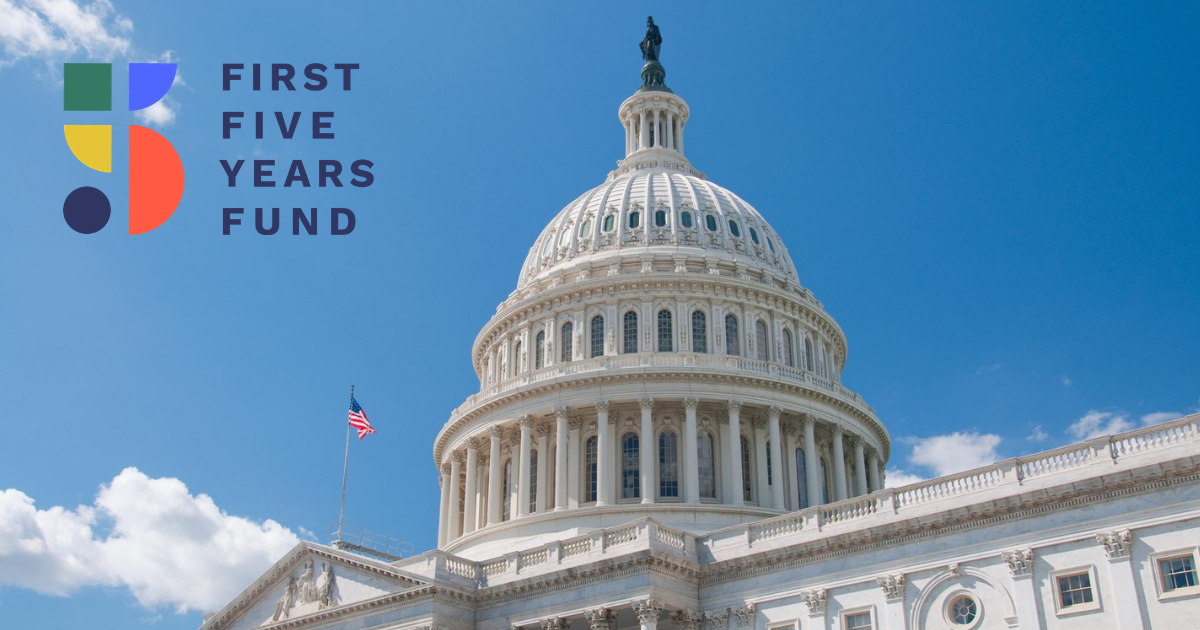Lawmakers Discuss Early Learning and Care in Higher Education Act Hearings

Throughout the 116th Congress, the House Education and Labor Committee has held several bipartisan hearings on the Higher Education Act (HEA), which is due for reauthorization. Though not a central focus of the HEA, across the hearings witnesses and lawmakers noted the necessity for undergraduate parents to have access to high-quality child care to be able to complete their education. The federal Child Care Access Means Parents in Schools (CCAMPIS) program seeks to address this need by providing campus-based child care programs to low-income college students, including before- and after-school services. CCAMPIS is currently funded at $50 million in FY2019 and serves approximately 5,000 parents nationwide. The “minibus” funding bill bill passed by the House proposes $60 million for the program in FY2020.
At the first hearing on the cost of college, Ms. Jenae Parker, a student from Columbus, OH, provided testimony to the committee highlighting the need for access to child care in order to be successful: “For me to go to college and to focus, I have to know my child is safe. But 95% of campuses with child care have long waiting lists, and some campuses do not have child care at all.” Representative Jahana Hayes (D-CT) followed up by sharing her experience as a student parent, discussing her struggles to find child care and the need to choose professors who would allow her to bring her kids to class, and asked Ms. Parker to elaborate on the impact of child care programs for students. Ms. Parker answered that these programs give student parents the opportunity to move forward and break through generational barriers. “If I know there’s a safe place for my child while I’m in class, I would have the bandwidth to focus more on what my studies are.”
In the hearing focused on non-completion, Representative Susan Davis (D-CA) highlighted the need for additional supports for students enrolled part time, holding down a job while in college, caring for children, and living in poverty. “To reach graduation, these students need not only academic supports but also wrap around services like counseling, child care support, and assistance with food and housing so they can focus on studies without sacrificing necessities. Congress has the responsibility to ensure that today’s college students have the support they need to make it to graduation day. Otherwise, we will continue to leave far too many students without a degree struggling with student loans they cannot repay. In many cases, this burden and the emotional toll of not having completed college can set students further back than when they enrolled. We cannot sit idly while everyday students across the county are forced to choose between their degree, their income, their children, and their health.”
At the hearing on the role of community colleges, HBCUs, and other minority-serving institutions, Salish Kootenai College President Sandra L. Boham spoke to the unique needs of single-parent students: “Quality child care you can take your children and know they’re going to be safe and well cared for is critical for our female and male students. . . . We also know that children that are in preschool and that go into kindergarten are going to have larger vocabularies and be better prepared and that preparation will follow them through their entre K-12 education. When I was working in the K-12 system, literally a third of the native students that were defined as special ed between K-3 were there for language, and it wasn’t that they were actually special ed. It was the number of vocabulary words they had. And so these programs are critical.”
FFYF’s recommendations to Congress on the reauthorization of the HEA include ongoing support for CCAMPIS, as well as efforts to strengthen the pipeline of high-quality early childhood educators. As this series of hearings concludes, FFYF appreciates that lawmakers clearly recognize how access to high quality child care for undergraduate students with children can impact whether a student persists and graduates. It is our hope that going forward child care access will remain a priority.
FFYF’s full HEA recommendations are available here.
Subscribe to FFYF First Look
Every morning, FFYF reports on the latest child care & early learning news from across the country. Subscribe and take 5 minutes to know what's happening in early childhood education.



